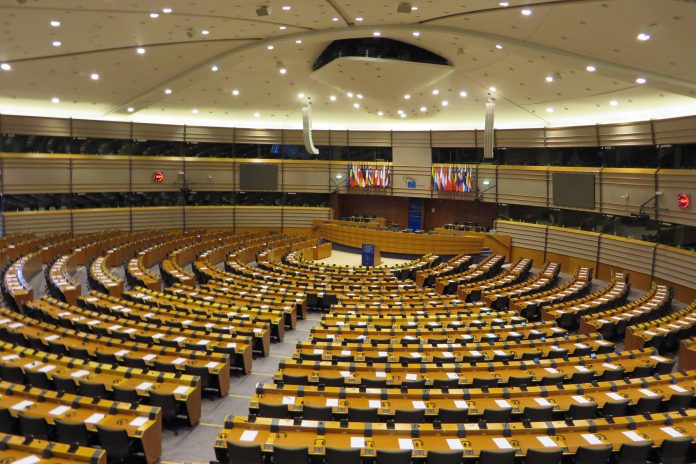Special tools set up to respond to crises in third countries should remain a last resort, with preference given to existing budgetary solutions, MEPs say.
In a resolution adopted with 493 votes against 88 and 103 abstentions, MEPs underline that extra-budgetary instruments such as the EU Trust Funds (EUTFs) for external assistance, as well as extraordinary tools such as the Facility for Refugees in Turkey (FRT), “jeopardise the principles of democratic accountability, transparency and sound financial management, undermining the role of the European Parliament and also the integrity and unity of the EU budget.”
Added value despite shortcomings
MEPs acknowledge the added value of all these special external assistance tools, but point to shortcomings in some funds found by the European Court of Auditors, such as the failure to apply EU public procurement law and “opaque management” (Africa Fund). The European Court of Auditors also found that some funds need to be more transparent, monitored more thoroughly and coordinate more efficiently among donors (Bêkou Fund), and should deliver better value for money (FRT).
Parliament’s involvement insufficient
MEPs regret “the limited role of Parliament in the decision-making, supervision and scrutiny of the Union contributions to the EUTFs”. The funds circumvent the budgetary procedure, while the biggest share of contributions to the EUTFs “now comes from the EU budget itself, while contributions from Member States represent a very limited share of their total budgets”.
Trust funds should remain a last resort
Parliament reiterates that “existing legal, regulatory and budgetary solutions should have been used to their full extent” before creating the EUTFs, which should “remain a last resort instrument”. External assistance should be “financed in full from the Union budget”. MEPs underline that the EU’s new external financial framework NDICI (Neighbourhood, Development and International Cooperation Instrument – Global Europe) should “overcome the constraints that have led to the need to launch trust funds to respond in a more flexible and rapid manner to specific crises.”
Since January 2013, the European Commission may create and administer Union Trust Funds in the field of external action. Such multi-donor trust funds are used as a financing mechanism to respond to major challenges in international cooperation, often in an emergency or post-emergency context, such as specific needs triggered by natural disasters, conflicts or pandemics.

